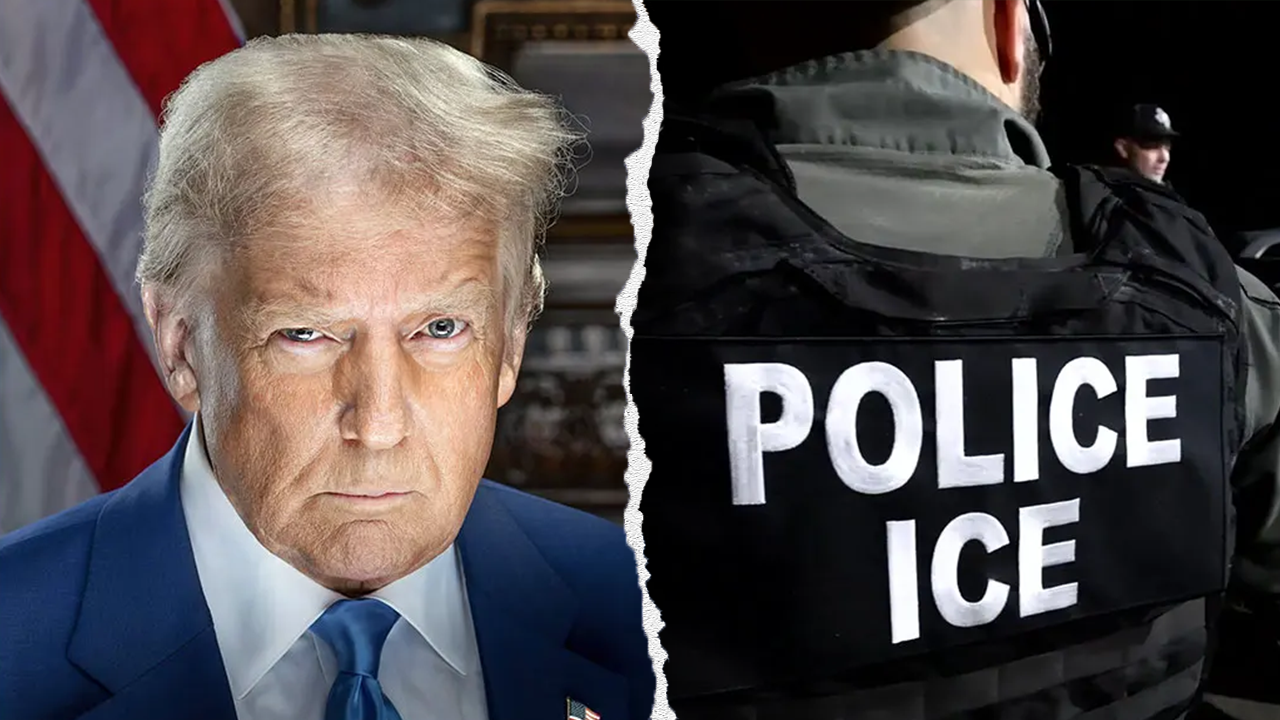Is It Game, Set, Match to Moscow?
The American brand will suffer so long as Washington pretends its capacities are limitless.

It is an axiom of warfare that it is always desirable to have friendly territory beyond one’s own borders or the capacity to prevent the buildup of significant military power in neutral territory for an attack against one’s own territory. When it lacked the military strength to do much, the United States promulgated the Monroe Doctrine with a similar purpose in mind.
When Moscow sent Russian forces into eastern Ukraine in February 2022, it did so without any plan of conquest or intention to permanently control Ukrainian territory. As Western military observers pointed out at the time, the Russian force that intervened was far too small and incapable for any mission beyond limited intervention for a brief period. In fact, Western observers predicted Russian forces would soon run out of ammunition, equipment, and soldiers.
The rationale for Moscow’s limited military commitment was obvious. Moscow originally sought neutrality for Ukraine as a solution to Ukraine’s hostility toward Russia and its cooperation with NATO, not territorial subjugation or conquest. Moscow believed, not unreasonably, that a neutral Ukrainian nation-state could be a cordon sanitaire that would shield Russia from NATO and, at the same time, provide NATO with insulation from Russia.
Nearly three years of Washington’s practically limitless funding for modern weapons and support in the form of spaced-based surveillance, intelligence, and reconnaissance for a proxy war designed to destroy Russia makes this approach laughable. Chancellor Merkel’s admission that the Western sponsored Minsk Accords were really designed to buy time for Ukraine to build up its military power is enough for Moscow to reject Western promises to ever respect, let alone enforce, Ukrainian neutrality.
When questioned on January 19 about the potential for negotiations with Washington and NATO, Russia’s Foreign Minister Sergey Lavrov said, “We are ready [for negotiations]. But unlike the Istanbul story, we will not have a pause in hostilities during the negotiations. The process must continue. Secondly, of course, the realities on the ground have become different, significantly different.” What do Lavrov’s words mean?
In 1982, Marshal Nikolai Ogarkov, Chief of the Soviet General Staff, argued that control of the Rhine River would determine the outcome of any future war with NATO in Central Europe. There is little doubt that Russia’s senior military leaders have already concluded that Russian control of the Dnieper River is essential to Russian national security.
In addition to annexing historically Russian cities like Odessa and Kharkiv, Moscow will almost certainly insist on a modern demilitarized zone from the Dnieper River to NATO’s eastern border to prevent the reemergence of a hostile military force in Western Ukraine. Whether the Poles, Hungarians, or Belarusians decide to engage Moscow in discussions regarding Ukrainian territory with historic connections to their countries is unknown, but the imminent collapse of the Ukrainian state and armed forces will no doubt inform such discussions.
Washington’s strategy toward Moscow, if it can be called a strategy, consisted of organizing coercive measures across the Atlantic Alliance—economic, diplomatic, and military—to harm Russia fatally and destabilize its government. Washington’s unrealistic approach failed, and NATO, the framework for its implementation, is now fatally weakened, not Russia.
As a result, Washington’s brand has been grievously diminished, even enfeebled. Washington’s belief that with the combined might of NATO’s scientific-industrial power it could achieve a strategic victory over Russia by arming Ukrainians to do the fighting for them backfired badly. Like FDR in 1939, who expected the Germans to end up in a stalemate with the Anglo-French Armies on the model of the First World War, Washington did not consider the possibility that Ukraine would lose the fight.
During the 1930s, FDR became trapped in a debt spiral of “special interest” spending. In defiance of logic and affordability, FDR opted for more Federal spending until he realized that it was not working. With the onset of war in Europe, FDR saw the opportunity to extricate American society from the Depression by steering the United States into war. FDR’s scheme worked. The Second World War reinvigorated the American economy and ended America’s chronic unemployment. At the same time, America’s physical insularity kept American infrastructure and the American People beyond the reach of its enemies.
President Biden and Congress are on a similar course with profound consequences, but today, horrifically destructive modern weapons make the war option suicidal. Put another way, 21st-century problems cannot be solved with the use of 20th-century plans and policies. Instead of framing another false narrative to justify funding for a corrupt Ukrainian state that is collapsing, Washington and its allies should question the rationale for a new, costly cold war directed against Moscow, Beijing, Tehran, and a host of countries with world views that diverge sharply from our own.
Business schools teach their students that good brands have the power to sway decision-making and create communities of like-minded people. It isn’t just companies that need brands; countries need them, too. When asked about Washington’s ability to cope with wars in Ukraine and the Middle East, President Biden said, “We are the most powerful nation in the world, in the history of the world. We can take care of both of these [wars].” Biden was and is wrong. America’s resources are not limitless. Our power is constrained.
In Europe, Asia, the Middle East, Africa, and Latin America, the American brand has been damaged. Americans need (and should demand) a sober-minded analysis of the facts from the men who want to be president. They should be compelled to identify the United States’ true national interests; a process that should also identify the political and cultural realities that are not Washington’s to change.
The post Is It Game, Set, Match to Moscow? appeared first on The American Conservative.
Shop For Night Vision | See more…
Shop For Survival Gear | See more…
-
Sale!

Japanese 6 inch Double Edged Hand Pull Saw
Original price was: $19.99.$9.99Current price is: $9.99. Add to cart -
Sale!

Mesh Shooting Hunting Vest with Multi Pockets
Original price was: $59.99.$39.99Current price is: $39.99. Add to cart -
Sale!

Stainless Steel Survival Climbing Claw Carabiner Multitool Folding Grappling Hook
Original price was: $19.99.$9.99Current price is: $9.99. Add to cart

































 Reaction & Commentary
Reaction & Commentary












